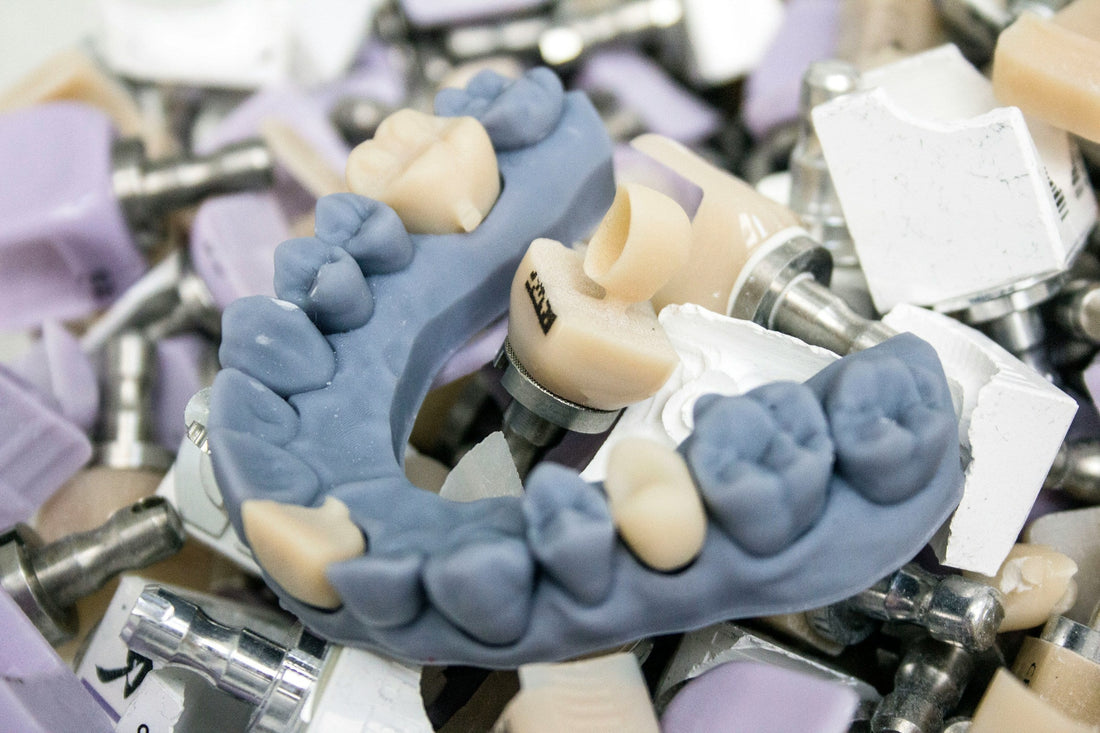Unused Dental Surgery Prescriptions May Help Fuel Opioid Epidemic

Share
Dental surgeries—especially procedures like wisdom tooth removal—are among the most common reasons for prescribing opioids to teens and young adults. But recent research reveals a troubling trend: many of these prescriptions go unused, and the leftover pills may be contributing to the ongoing opioid crisis.
The Hidden Risk in the Medicine Cabinet
When patients don’t finish their prescribed pain medications, these drugs often remain in the home. Unfortunately, that makes them easily accessible to others—especially teens or family members who might misuse them.
Studies show that a significant portion of dental patients receive more opioids than they actually need, and many don’t dispose of the excess properly. This increases the risk of these medications falling into the wrong hands.
Teens and Dental Surgery: A Dangerous Intersection
Young people are particularly vulnerable. The first exposure to opioids for many adolescents is often through dental procedures. Without proper guidance and limits on dosage, this early exposure can lead to experimentation, dependency, or addiction down the line.
What Dentists and Patients Can Do
The good news? Awareness is growing. Dentists are being urged to:
- Prescribe non-opioid alternatives like ibuprofen or acetaminophen whenever possible
- Limit opioid prescriptions to the lowest effective dose for the shortest time
- Educate patients and families about the risks and safe disposal methods
Patients and parents can take action too:
- Ask about pain management options before surgery
- Monitor and limit access to medications at home
- Safely dispose of unused pills at local drop-off centers or pharmacy programs
Moving Toward Safer Dental Pain Management
Reducing unnecessary opioid use in dental care won’t solve the epidemic overnight, but it’s a critical step. By shifting to safer, more controlled pain management strategies, we can protect vulnerable patients and help curb one of the silent contributors to opioid misuse.
Key Takeaway:
Dentists, patients, and parents all play a role in preventing opioid misuse. Reevaluating how we prescribe and handle dental surgery medications could make a lasting difference in the fight against the opioid epidemic.
